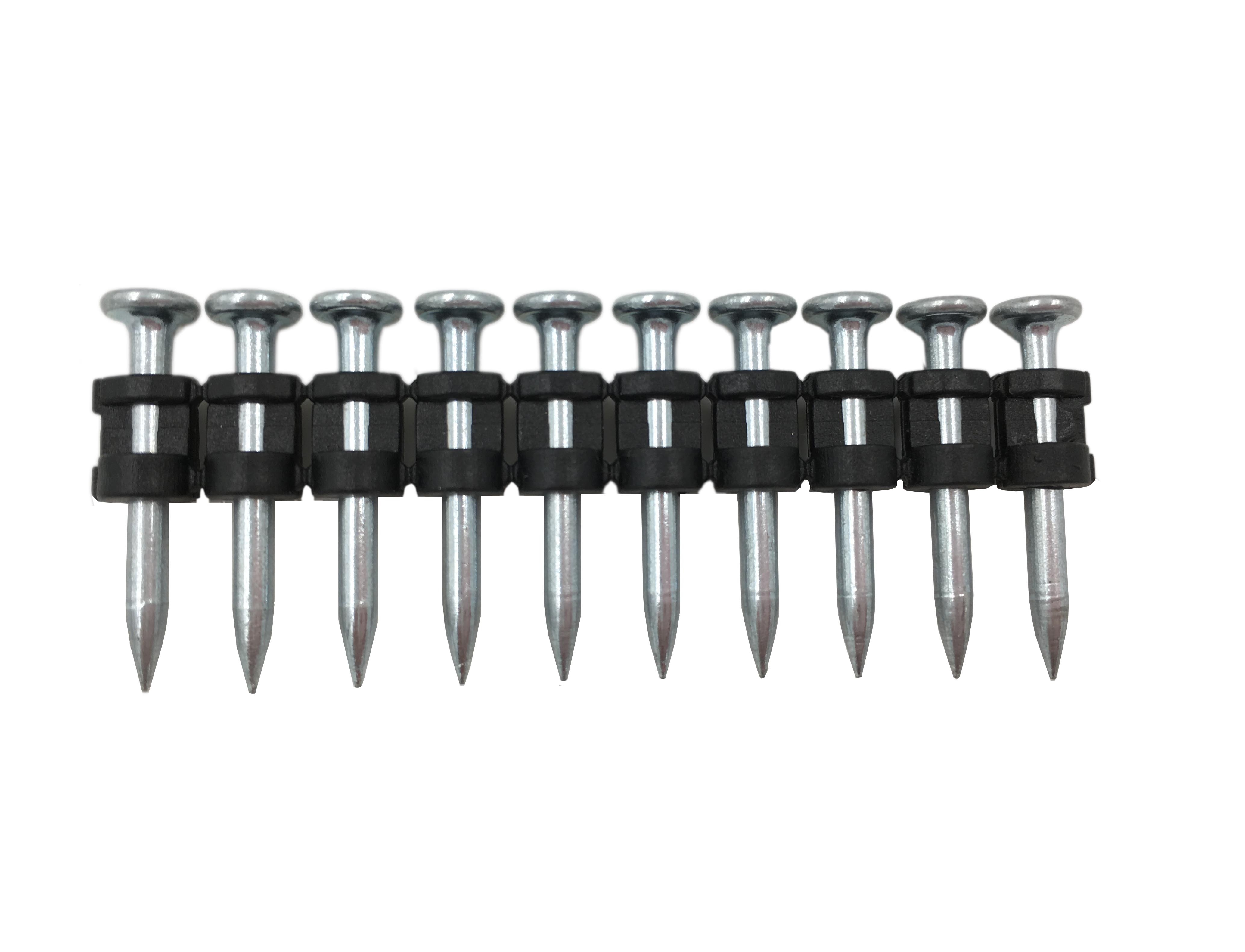[China Aluminium Network] Corrosion Resistance Aluminum's inherent anti-corrosion performance stems from the fact that when the aluminum surface comes into contact with air, a thin and strong oxide layer is formed. This oxide layer is particularly resistant to various forms of corrosion. The addition of rare earth elements in the alloy can further improve the corrosion resistance of the aluminum alloy, especially electrochemical corrosion. Aluminum's ability to withstand harsh environments has made it widely used in cable tray conductors, as well as many industrial components and containers. Corrosion is usually related to the connection of different metals in a wet environment. Corresponding protective measures can be used to prevent corrosion, such as the use of lubricating oils, antioxidants, and protective coatings. Alkaline soils and some types of acidic soils are more corrosive to aluminum. Therefore, aluminum conductors laid directly on the ground should be protected against corrosion by using insulating layers or molded sheaths. In sulfur-containing environments such as railway tunnels and other similar places, aluminum alloys have much better corrosion resistance than copper.
Flexible aluminum alloy has a very good bending performance, its unique alloy formula, processing technology, so that a substantial increase in flexibility. Aluminum alloy is 30% more flexible than copper and 40% lower in resilience than copper. Generally, the bending radius of the copper cable is 10 to 20 times the outer diameter, while the bending radius of the aluminum alloy cable is only 7 times the outer diameter, and the terminal connection is easier.
The armored cables commonly used in China are generally equipped with steel tape armor and have low safety levels. When subjected to external destructive forces, they are poor in resistance, easily lead to breakdown, heavy weight, high installation cost, and corrosion resistance. Poor performance, long service life. The metal chained armored cable developed by us according to the US standard adopts aluminum alloy chain interlocking equipment, and its interlocking structure between layers ensures that the cable can withstand the powerful destructive force of the outside world, even if the cable is under great pressure. When impact force is applied, the cable is not easily broken down, improving the safety performance. At the same time, the armored structure isolates the cable from the outside. Even in the event of a fire, the armored layer enhances the fire-retardant and fire-resistant rating of the cable and reduces the risk factor of fire. The aluminum alloy armored armored structure is lighter than the armored armored steel tape and is easy to install. It can be installed without a bridge and can reduce installation costs by 20% to 40%. According to the different places of use, different outer jacket layers can be selected to make the use of armored cable more extensive.
Gas Fastening System is a very popular and very efficient building Fastening System which include gas tool, fuel cell and strip fasteners. Gas tool absorbs flammable gas from fuel cell and mixes it in its air cylinder. The mixture is ignited by electric device and produce a lot of high pressure gas which push the piston go forward to push the strip fastener into the concrete or wood basement. Compared with General Purpose Powder Actuated Fastening System, it is much more quicker and efficient. But it is not used for very hard basement for its highest power energy is no more than 110 Joules.
Gas tool:

Fuel Cell:

Strip Fasteners:

The packages are as the following:
1.Gas tool and its spare parts will be packed by a plastic box with a carton;
2.10 Fuel Cells are packed by 1paper box, 12 boxes are packed by one carton.
3. 1000 strip fasteners are packed by 1 paper box, 5 or ten 10 paper boxes are packed by one carton.
Gas Fastening System
Gas Fastening System,Gas Nail,Gas Actuated Tool,Gas Fastening
Yibin Heheng Technology Co.,Ltd , https://www.actuated.nl